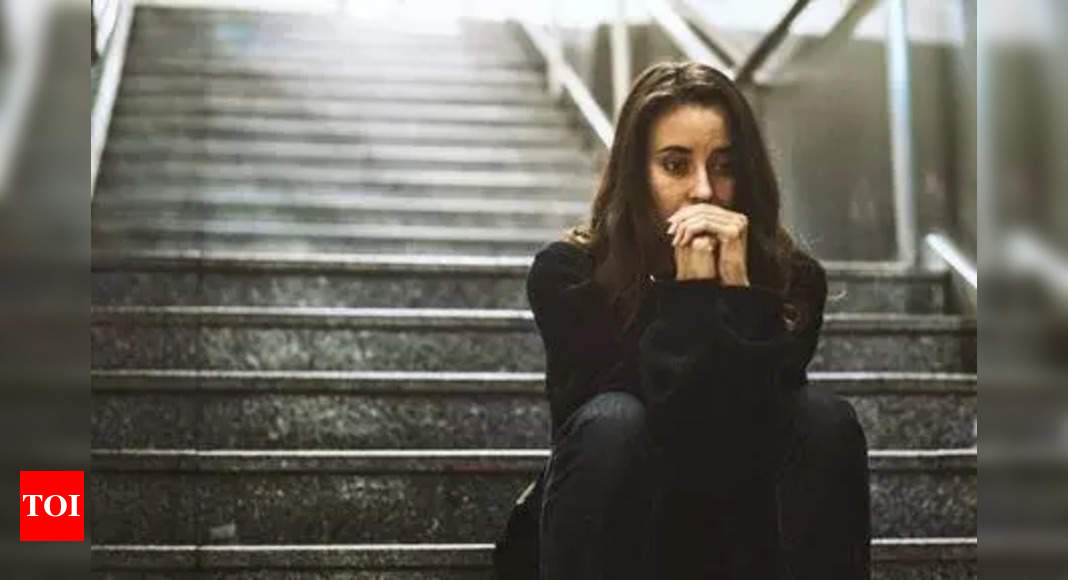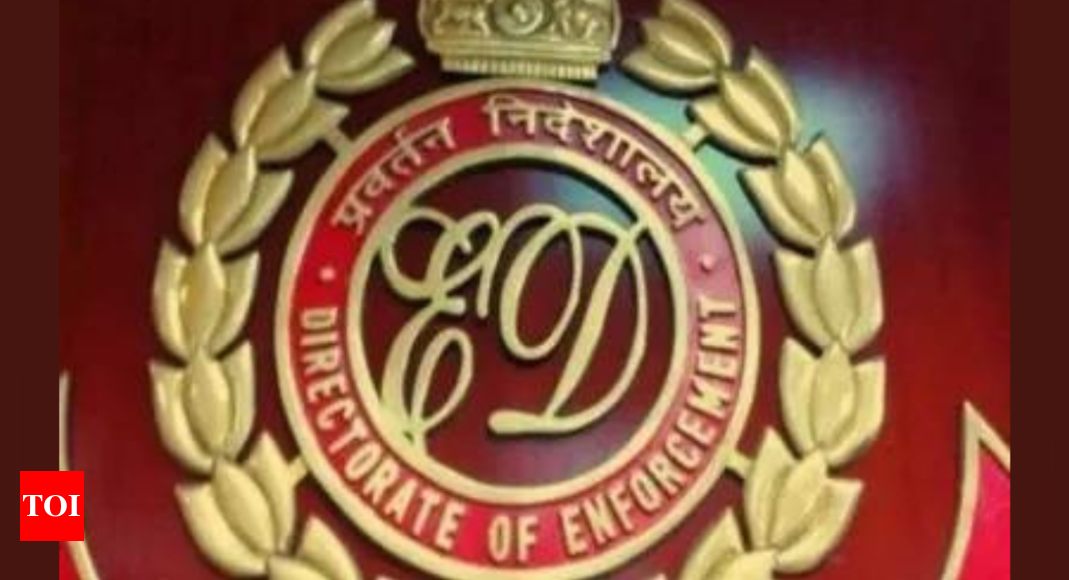Mumbai: Legal experts say survivors and families of those who lost their lives in Wednesday’s fatal collision at sea can claim compensation from the owners of the ferry boat. Passengers are entitled to be ferried across safely, said lawyers, adding govt now must regulate the insurance of passengers as well. They can claim compensation under the Law of Torts.
A tort is an act or omission that gives rise to injury or harm to another and amounts to a civil wrong for which courts impose liability.
On the criminal probe front, a lawyer said while an FIR was registered in the case for an offence of causing death due to negligence, police ought to also focus on the possible invocation of culpable homicide not amounting to murder.
Senior counsel Mihir Desai said all these ferries are licensed, so one of the conditions of the licence would be for their safety, including life jackets. It is reported that there were not adequate life jackets on the ferry.
“This will be both criminal and civil negligence on part of the ferry owners as well as the authorities which are to ensure compliance with the regulations. The victims are entitled to compensation for this failure. There should also be an independent investigation into the cause of the collision,” he added.
Advocate Pranav Badheka and senior counsel Rajendra Shirodkar also said the police ought to investigate from the aspect of whether they should invoke the culpable homicide not amounting to murder offence since the person on the speedboat could see and was thus aware that they were near the place where commercial ferries ply every day from the Gateway of India. Both said the speed and knowledge of causing death if they crash into the vessel would be enough to invoke the more serious offence, which is non-bailable.
Senior counsel Milind Sathe said while the victims and their heirs can claim compensation from the ferry owner, the question of whether the ferry owner can claim from the naval vessel may be doubtful because the Navy can and may claim the incident “as an act of state”. Shirodkar said, “Normally, police invoke culpable homicide in cases on land involving vehicles and leave it to the court. There ought to be no difference between land and water in this case.”
Samit Shukla, a partner at Trilegal, said as held by courts, ingredients to establish the tort of negligence include the existence of a duty of care, which in turn rests on “foreseeability of the damage”, the proximity, and also the reasonableness of the imposition of such duty. He added the amount of compensation payable would depend on the facts of the case.




